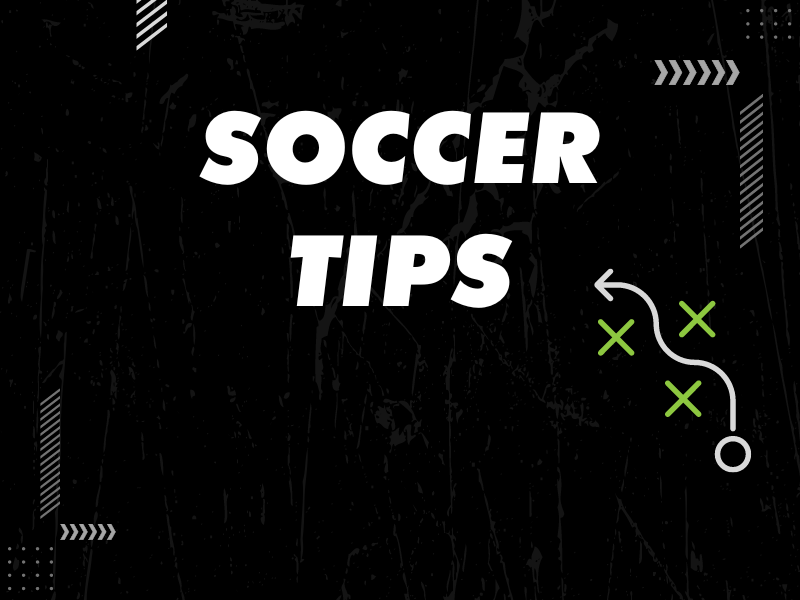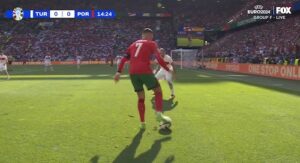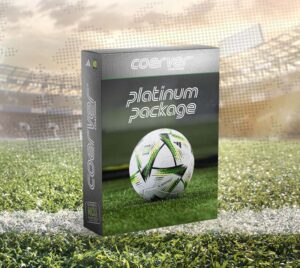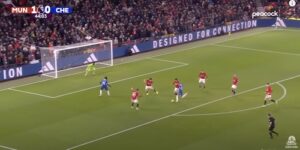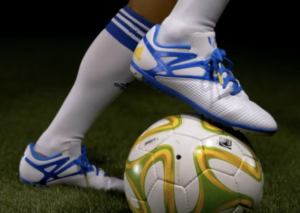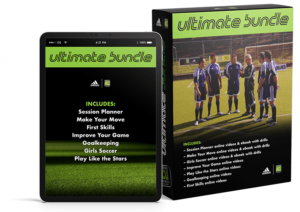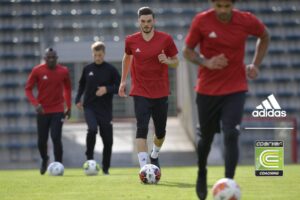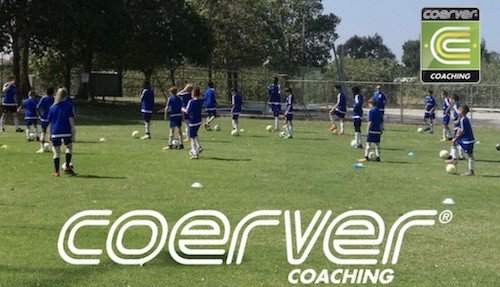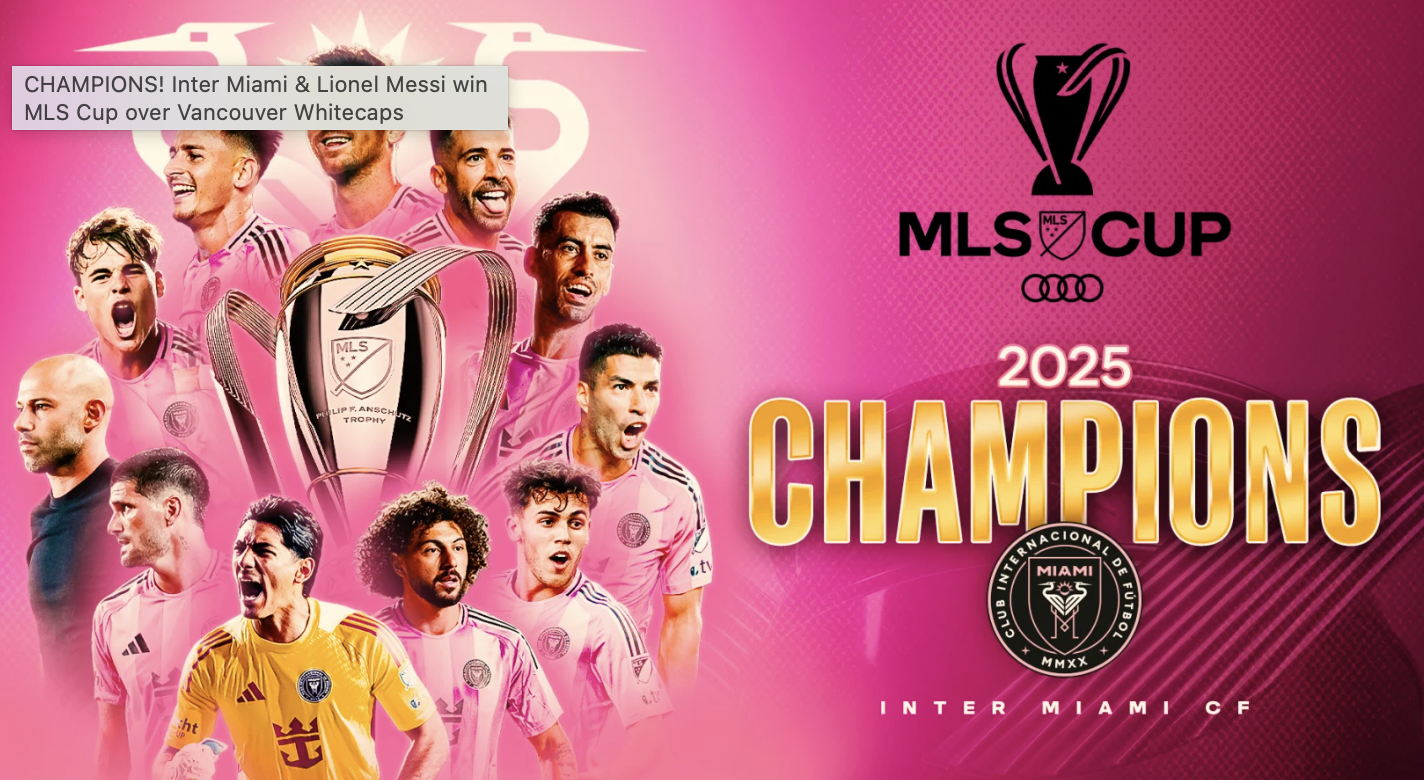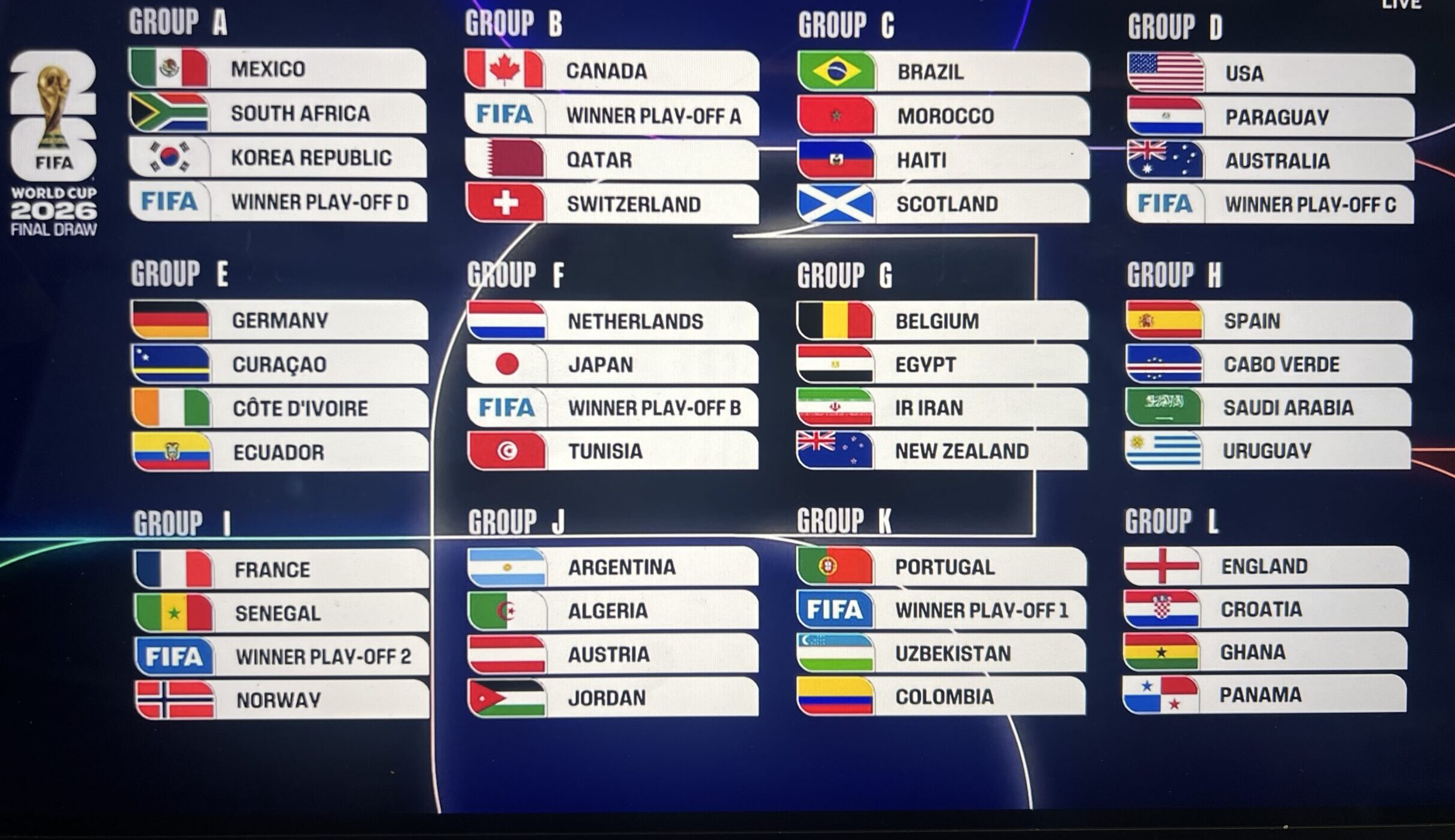
We hear this question a lot, “What should you eat before a soccer game?” It’s an important question, it doesn’t matter if you are Lionel Messi or Cristiano Ronaldo, you still need fuel to play great soccer. Eating healthy is key to becoming an elite level soccer player. Let’s explore some of the best soccer meals to eat. Many soccer players have rituals bordering on superstition when it comes to what they eat before a game. You might have your own routine established and if so, you shouldn’t suddenly change it. Rather, if your pre-game meal is less than ideal, you should ease into something better. PERSPECTIVE: “Every day’s the same,” say Ronaldinho. He has breakfast, trains, goes back home for lunch with his family, returns to train a little in the afternoon, does press interviews if needed and has dinner with his family. Before match day, things change a little. His diet is more strictly controlled and he gets to bed earlier. For example, if you always eat steak, potatoes and soda before a game, change it up little by little: 1. Stop putting butter, salt, and/or sour cream on the potatoes. Use black pepper, garlic, and/or chives instead. 2. Give yourself half of the amount of soda you normally drink. When you finish with that, drink water for the rest of the meal. Gradually phase out the soda. 3. Only eat half of a steak, replacing that empty spot on your plate with brown rice or whole wheat pasta. 4. Replace the half steak with breaded, baked chicken breast. 5. Savor your new, delicious and nutritious pre-game meal! TRUE OR FALSE: The meal you eat the day of the soccer game is the most important meal and will have the greatest impact on your performance during the game. True, or false? Keep reading… In addition to following the guidelines we established in the previous fitness and nutrition sections, there are some foods (and drinks) you should definitely avoid right before a soccer game, or before any intense physical soccer training session. For one thing, stay away from super-sweet and high-fat foods like they’re the plague. Whole milk, marbled meat, cheese, and anything fried will seriously jeopardize your game. So will havoc-wreaking foods like beans, pickled cucumbers, and spices. They’ll slow digestion down and could cause cramps, gas, and associated discomfort. Your body will be torn between digestion and performance. Why distract it when you don’t have to? Also, don’t indulge right before physical activity. In fact, plan it so that your last meal is no less than three hours before a soccer game (or even practice). If you get hungry, have a light snack, or perhaps an energy bar. Keeping your stomach close to empty is a good idea for the same reason you avoid rich foods before physical activity: energy spent digesting is energy taken away from your performance on the soccer field. Back to our question, what’s more important, the pre-game meal or the meal the day before? ANSWER: False! The most critical meal is actually the day BEFORE the game. It should be plentiful with good carbohydrates, as well as a little protein and fat. Don’t splurge on fast food just because you think it won’t affect your game tomorrow! And don’t even think about drinking a drop of soda or even fruit juice before you put your soccer cleats on. Keeping your body hydrated is of utmost importance, no matter what you’re doing, but any liquid that’s caffeinated, carbonated, and/or packed with high fructose corn syrup won’t give your body energy. Believe it or not, they might actually dehydrate you. Yup, that’s right. To repeat, drinking certain kinds of liquids might actually dehydrate you. It sounds a little counterintuitive, but here’s how it works. Up to 60 percent of the body is water (the brain is composed of 70 percent water, blood is 82 percent water, and the lungs are nearly 90 percent water). Every time you sweat, you lose some of that precious water, along with electrolytes—minerals that are critical to your performance. A sugary, caffeinated and/or carbonated drink will act as a diuretic, making you lose a lot more water than you normally would. As a result, you could end up not only dehydrated, but also lacking electrolytes and putting yourself far closer to fatigue. To avoid becoming dehydrated, don’t wait until you’re parched before you pour yourself a glass. By the time your body tells you it’s thirsty, you’re already dehydrated. So drink water throughout the day, even if you think you feel fine. Carry a bottle of water with you and take sips from it periodically. A good rule of thumb is to drink a half-cup to a whole cup of water for every 15-20 minutes of physical activity you’re anticipating. Try having 16-20 oz of water 2 hours before a game, then 12-14 oz of sports drink about 10-15 minutes before a match begins. (The warmer the weather, the more water you should drink.) Don’t forget to continue hydrating your body during the game. You’ll be losing lots of water, making all those darting runs and game-winning goals. This is a good time to get your hands on some sports drinks like Gatorade, Powerade, Allsport, Power Surge, and others. It’s been proven that sports drinks help athletes avoid fatigue and cramps better than water does. You don’t really need them before you play, but during a game or practice, they’ll help you replenish your electrolytes (especially sodium). Have about 7-10oz of a sports drink every 15-20 minutes during your game or practice. Make sure to have 12-14 oz during half-time, even if you feel full. *Don’t drink too much water at halftime of a game–less is more in this case. Once you’re done playing or training, keep drinking as you cool down. It’ll help you get rid of the toxins that you’ve built up during practice or the game. Follow up with a light meal, similar to what you had before the game. Again, don’t weigh your stomach down; give your body a chance to regenerate, and let it use the glycogen to repair your muscles rather than digest a heavy meal. Drink 300 g of water or hot, sweetened tea with lemon. Wait 1-1.5 hours before your circulation gets back to normal and your body can handle digesting a meal and distributing the nutrients properly. Get plenty of rest, and then return to your healthy, everyday diet. ACT NOW: Get a piece of paper and a pen and write out your soccer meal schedule for game days and practice days. Be as detailed as you can be. Plan out your meals in advance. Make sure the refrigerator is well-stocked so that your body can be, too. Learn more about eating right for soccer: |
Crunch Time: What to Eat Before, During and After Playing Soccer
